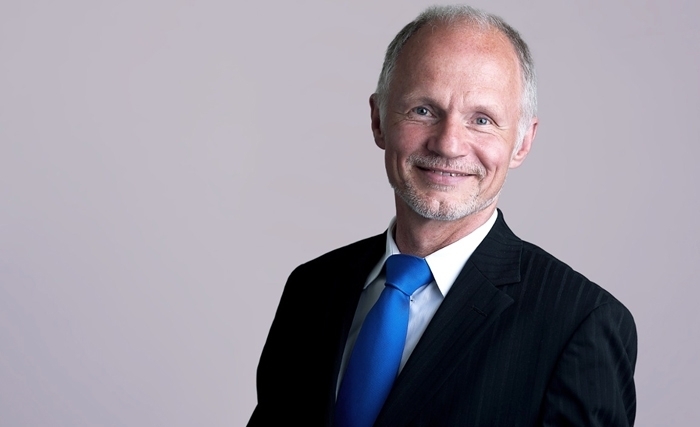Germany as a whole looks towards Tunisia with great interest and admiration

Let me start by thanking you, Prime Minister, for coming to visit, and by thanking the North Africa and Middle East Initiative of German Business for hosting this dinner. I am delighted to have this opportunity to engage in discussions with my colleagues from Tunisia.
The German government and Germany as a whole looks towards Tunisia with great interest and admiration.
The Tunisian people have demonstrated much courage and determination in their fight for greater freedom, democracy and justice.
Tunisia has undergone impressive developments and is rightly seen as a role model within the region.
These positive developments in Tunisia – our neighbour and partner – deserve our greatest respect.
We were pleased to see the 2015 Nobel Peace Prize be awarded to the Tunisian national dialogue quartet.
It is with great interest and empathy that we are following the developments in Tunisia. Germany also has a turbulent history, and there have even been times when we have had to rebuild our country and our society from zero.
Today, our country is in a good position, and this is also thanks to the support offered by our neighbours. We know how important it is to have this kind of support. This is why we stand side by side with the ‘new’ Tunisia.
Relations between our two countries are already good. We have been nurturing them for many years, and they have remained intact even during the revolution. Now we can further build on them.
German companies have also remained true to Tunisia.
Not a single German company has left the country in recent years.
This is why I would like to take this opportunity to thank these firms for their commitment and dedication, and to congratulate them on making this decision. We can see from the country's growth rates that it was a wise decision.
German companies are helping to improve the economic situation. They provide jobs to around 55,000 people and pass on their expertise to their Tunisian employees.
At the same time, it is also true that any fundamental improvement in the country's economic situation will require structural reform.
Rest assured that not only German business but also the Federal Ministry for Economic Affairs and Energy is willing to help with this.
One of the ways in which this is happening is through the ministry's transformation teams.
Over recent years, these teams have been supporting the Tunisian government in undertaking reforms that are necessary for building a social market economy.
Then there is the Manager Training Programme, which provides opportunities for sharing experience and knowledge, forging even closer ties and building even stronger networks between our two countries.
If Tunisia is integrated into the internal market and makes adjustments in the area of standardisation, this will also serve to support the process of economic transformation.
We were therefore very pleased to hear that negotiations have started between Tunisia and the European Commission on establishing a deep and comprehensive free-trade zone.
Our German-Tunisian Energy Partnership is another example of trusted and successful cooperation between our two countries.
Allow me to take this opportunity to thank our Tunisian partners and the Secretariat for their excellent work.
Our annual German-Tunisian Energy Day, which is organised as part of the Energy Partnership, has become one of the most important platforms for dialogue on energy, bringing together expertise from politics, business and economics, and science.
Some of the challenges associated with our energy transition in Germany are similar to the ones you have to address too as you restructure your energy sector. This makes our dialogue within the Energy Partnership all the more precious.
We have learned from this dialogue just how important it is to ensure that the private sector is closely involved in the process.
We also know that ensuring investment security and keeping red tape to a minimum are key to successfully launching new renewables projects.
The German government welcomes Tunisia's decision to steadily increase the share of renewables in its energy system.
Let me once again assure you that Germany is eager to continue to support you in this. We stand ready to exchange expertise, know-how and technologies, both within the Energy Partnership and as part of our development cooperation.
As you can see, Germany and Tunisia are already engaged in cooperation in many fields. But there is also room for even greater cooperation.
Prime Minister, on this note I wish you a successful stay in Germany and trust that all of us will have good discussions here tonight.
Rainer Baake,
State Secretary
Federal Ministry for Economics and Energy Scharnhorststr